We Asked the Experts: Do Fat-Burning Fruits Really Exist?

There's no shortage of myths surrounding the world of wellness and beauty. Whether it's fitness, sleep, makeup, skincare, or diet, there always seems to be new myth-busting information hitting the mainstream conscience. (Take, for instance, the 10 skincare myths we are no longer buying into.) It's hard to distinguish fact from fiction, though, unless you're weighing all the information and consulting reputable experts. That's why we reached out to two different nutritionists to ask about a newly trending topic we're seeing storm across the Internet: fat-burning fruits. Could it possibly be true that certain fruits trigger a fat-burning response in the body? If so, how and why? We were intrigued.
According to Dana James, nutritionist and founder of Food Coach, there's little to no truth in it. "There are no specific foods that burn fat. That's hype. The body burns fat or stores fat constantly throughout the day," she says. While fruit can be a healthy food group to add to a weight-loss diet, you won't see results from eating fruit alone. However, that doesn't mean there aren't certain fruits that can benefit your health as a whole. James, along with nutritionist Amy Shapiro, who is the founder and director of Real Nutrition NYC, explain.
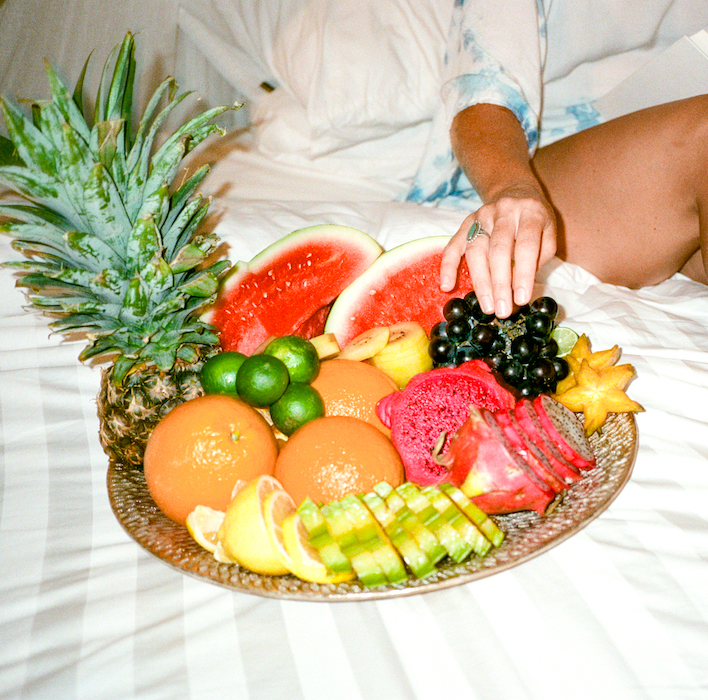
The reason that eating certain fruits won't make your body burn fat is actually quite simple. "You trigger fat loss when various fat-burning hormones tell the fat cells to release triglycerides so they can be converted into energy," James explains. "This can be done through a calorie deficit, the suppression of insulin (a fat storage hormone), and the stimulation of glucagon (a fat-burning hormone)."
It doesn't matter whether it's fruit that you're eating or not. It comes down to the amount and nutritional content of the food you're eating. "For instance, if all you ate for a day was an apple, then you'd burn body fat that day—but it wasn't from the apple. It was because there were insufficient calories, and the body used fat as its fuel source. If you ate 100 apples in a day, then you'd store body fat because this is in excess of your calorie needs, and you'd trigger insulin due to all of the fruit sugar."
While Shapiro agrees that "there is no science proving foods actually burn fat," she says there are a few other fat-burning processes that can happen as a sort of side effect of eating fruit. "Some foods, like grapefruit, apples, and berries are high in fiber and water, so they help to fill you up and our body works hard to digest them so the 'net' calories are likely worked off."
Because of this, Shapiro says eating a grapefruit before a meal will help you eat less. "Other fruits like pineapple and papaya contain digestive enzymes, so they may help your body digest foods easily, leading to less bloating." In short, she says that "popular foods that help with weight loss are usually low in calories, and high in fiber and water."
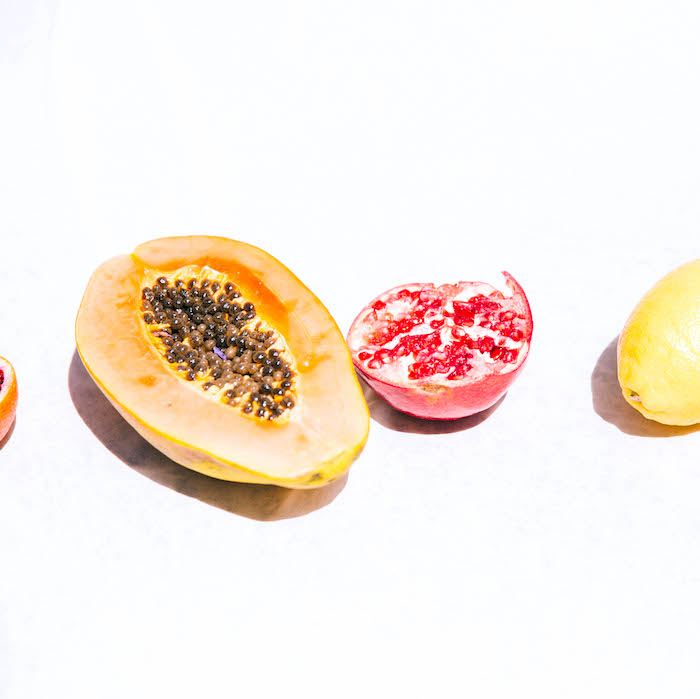
There you have it. While fruit can nourish the body, provide healthy fiber, and sometimes even help de-bloat, it won't directly influence fat-burning. It does, however, contain natural sugar, so both Shapiro and James caution against consuming too much of it.
"I live by the rule sugar is sugar is sugar," Shapiro says. "Since fruit is sweet and contains sugar (in the form of fructose), I don't recommend overdoing it. I usually cap my clients at two to three servings of fruit per day. However, that changes based on activity level, age, and caloric needs."
For people specifically seeking fat loss, James recommends no more than two one-cup servings per day. "Consume it as a snack or in a breakfast smoothie," she says. "Fruit is rich in phytonutrients, which act as antioxidants and anti-inflammatory agents to nourish and support the body, including the process of fat loss. But portion size is key. A fruit platter for breakfast rarely supports weight loss."
Finally. We have the answers we were looking for.
Disclaimer
This article is provided for informational purposes only and is not intended to be used in the place of advice of your physician or other medical professionals. You should always consult with your doctor or healthcare provider first with any health-related questions.

Kaitlyn McLintock is a Beauty Editor at Who What Wear. She has 10 years of experience in the editorial industry, having previously written for other industry-leading publications, like Byrdie, InStyle, The Zoe Report, Bustle, and others. She covers all things beauty and wellness-related, but she has a special passion for creating skincare content (whether that's writing about an innovative in-office treatment, researching the benefits of a certain ingredient, or testing the latest and greatest at-home skin device). Having lived in Los Angeles, California, and Austin, Texas, she has since relocated back to her home state, Michigan. When she's not writing, researching, or testing beauty products, she's working through an ever-growing book collection or swimming in the Great Lakes.
-
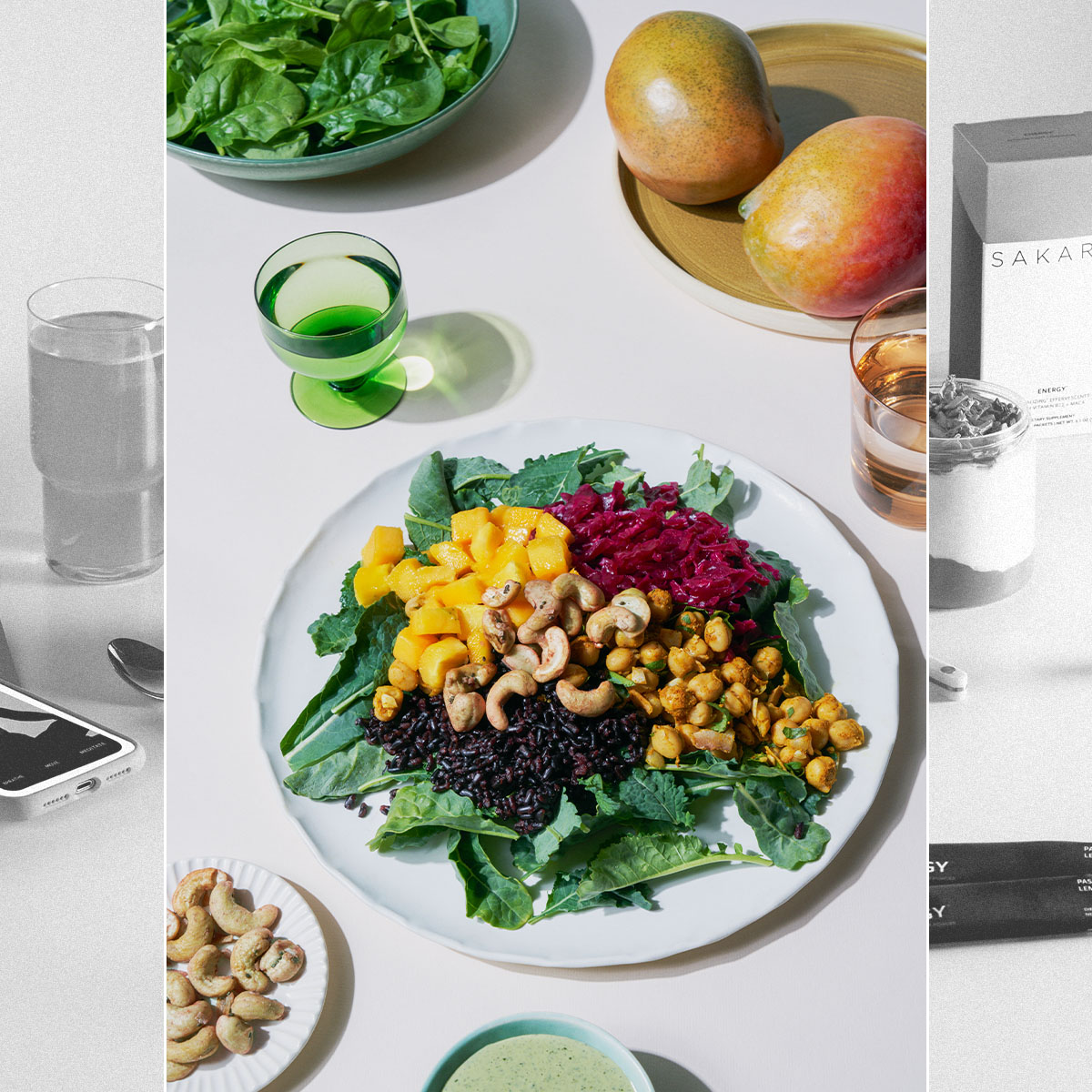 Bella Hadid and Gwyneth Paltrow Apparently Love Sakara Life, so We Tried It for 30 Days
Bella Hadid and Gwyneth Paltrow Apparently Love Sakara Life, so We Tried It for 30 DaysHere are our honest thoughts.
By Erin Jahns
-
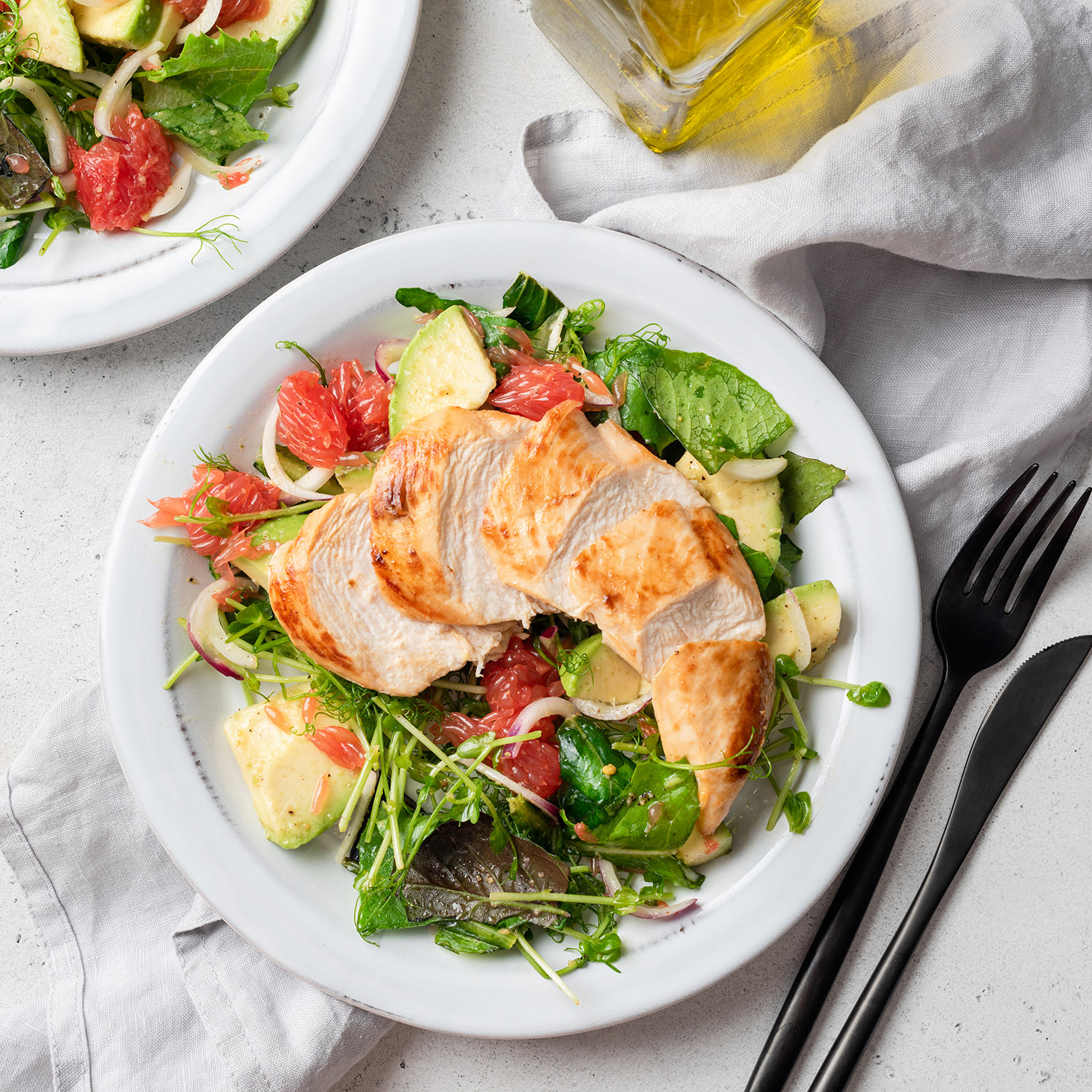 The 6 Warning Signs You're Not Getting Enough Protein
The 6 Warning Signs You're Not Getting Enough ProteinAnd what to eat to up your intake.
By Sarah Yang
-
 Everything This Professional Ballet Dancer Eats to Fuel Her for Performances
Everything This Professional Ballet Dancer Eats to Fuel Her for PerformancesHer grocery staples include high-quality French butter.
By Candice Aman
-
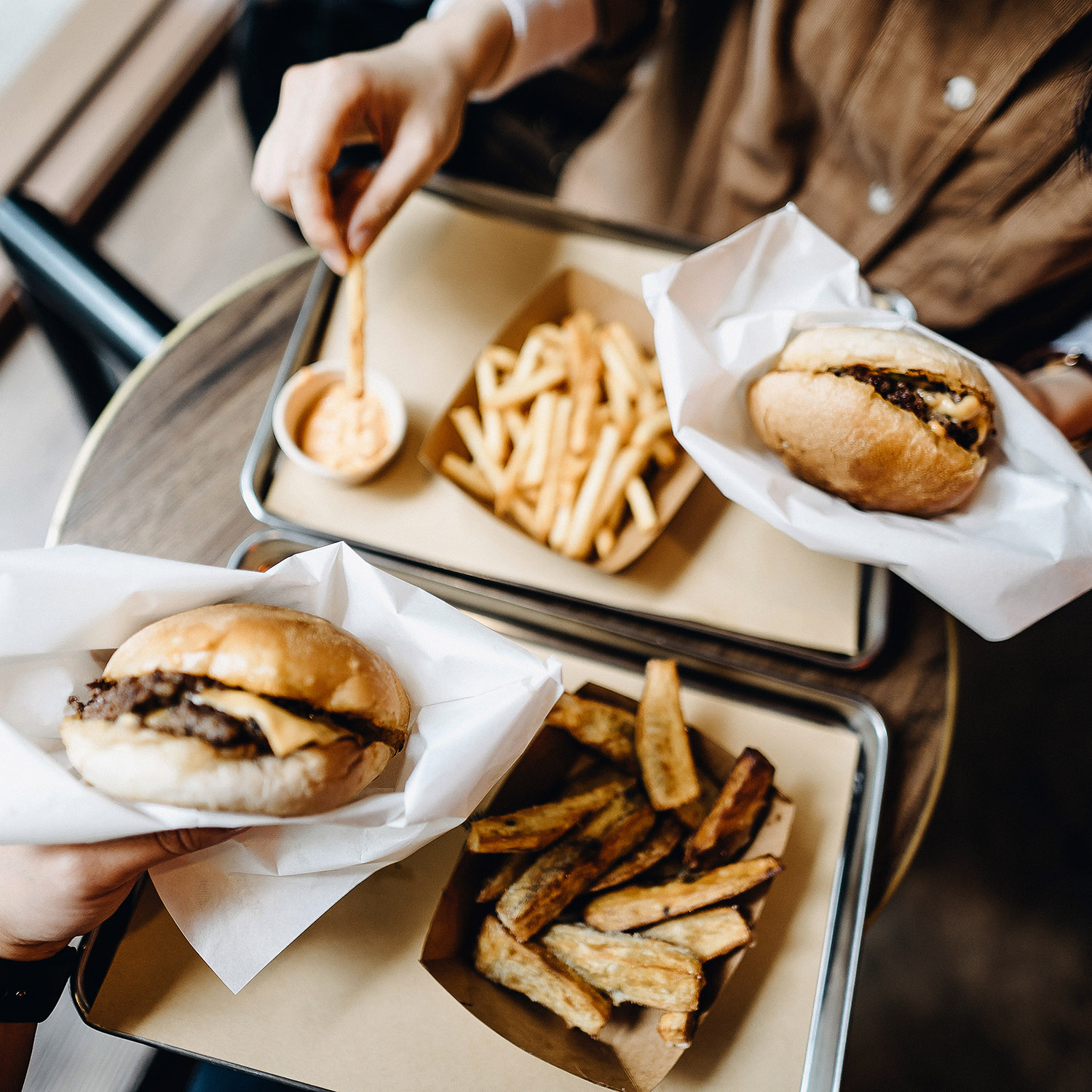 These 8 Foods Are the Worst for Rosacea—Here's What to Eat Instead
These 8 Foods Are the Worst for Rosacea—Here's What to Eat InsteadControl those flare-ups.
By Sarah Yang
-
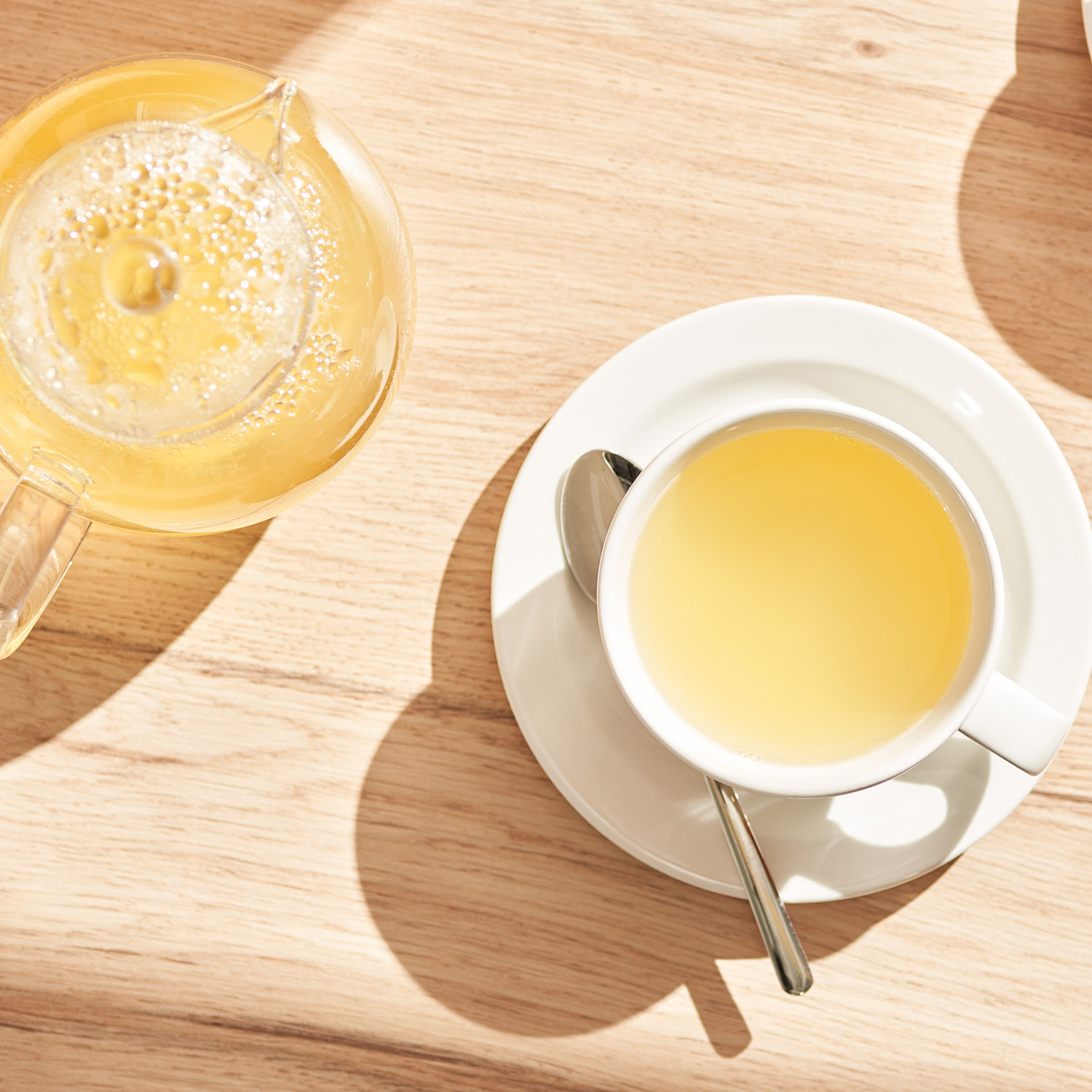 15 Things That Cause Bloating and How to Get Rid of It ASAP
15 Things That Cause Bloating and How to Get Rid of It ASAPTry these.
By Sarah Yang
-
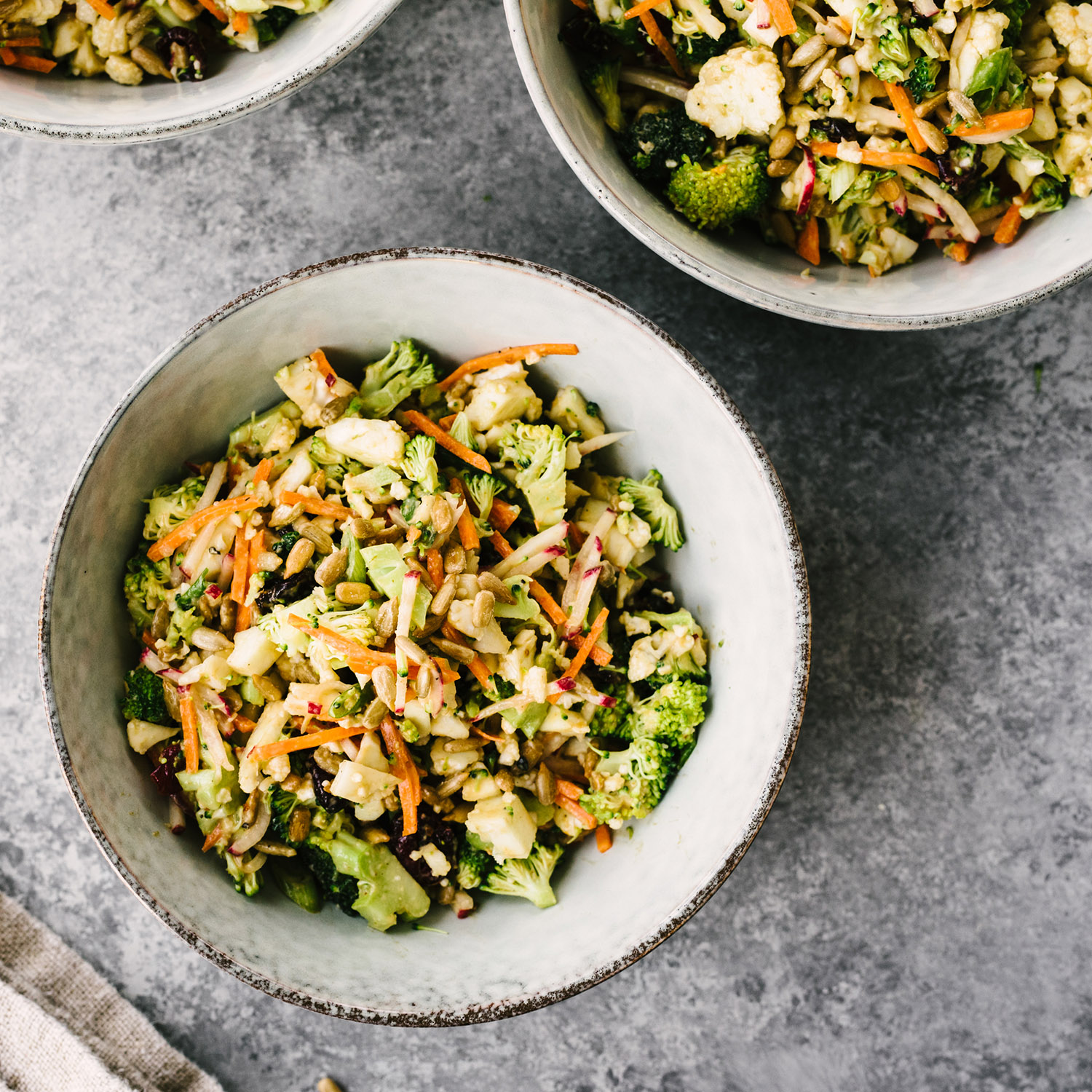 Is the Alkaline Diet Overhyped? What Experts Want You to Know
Is the Alkaline Diet Overhyped? What Experts Want You to KnowHere's how it works.
By Sarah Yang
-
 I'm an Imperfect Dietitian and My Key to Eating Healthy Meals Is Convenience
I'm an Imperfect Dietitian and My Key to Eating Healthy Meals Is ConvenienceTake a peek at my weekly grocery staples.
By Candice Aman
-
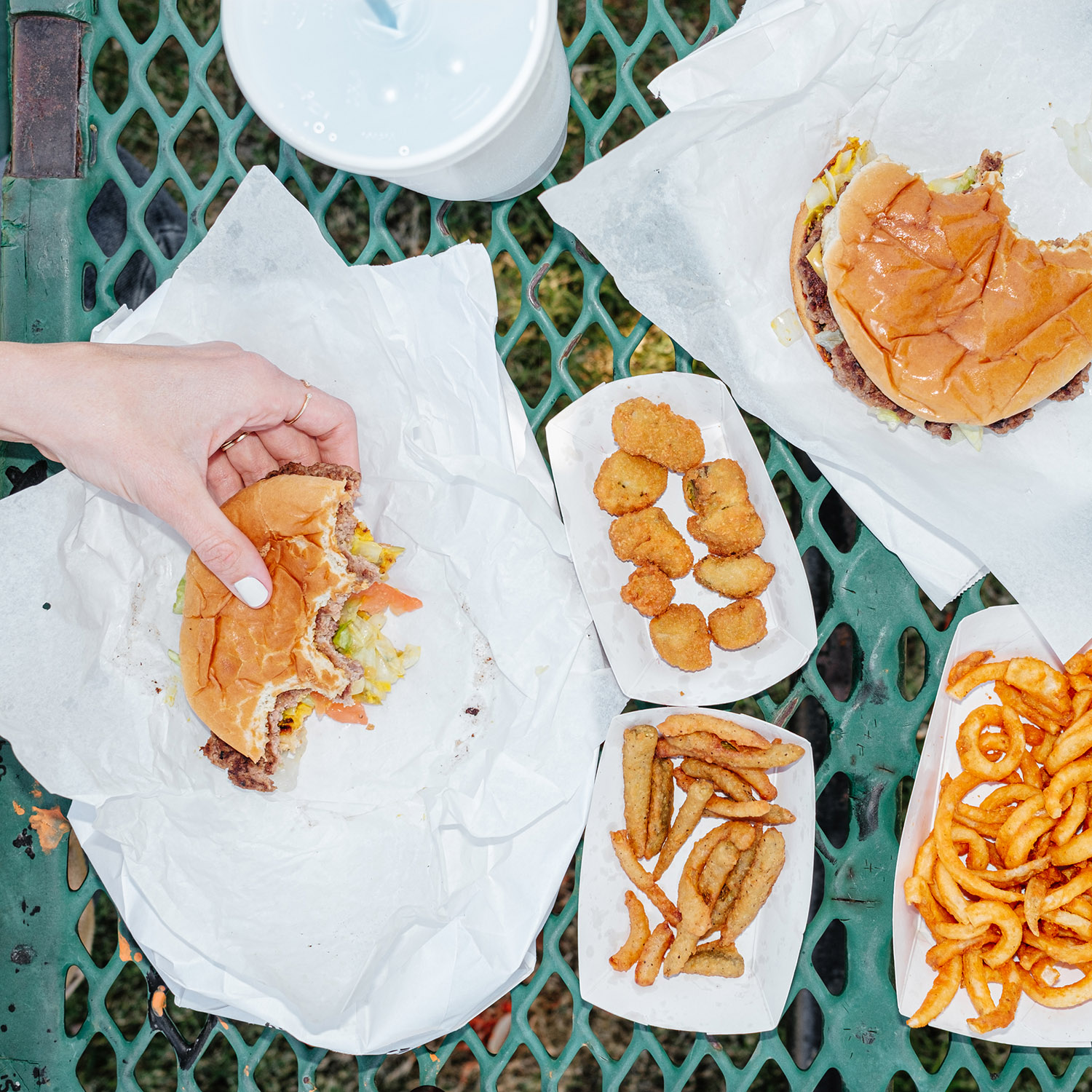 Avoid These 6 Foods—They'll Wreck Your Gut Health
Avoid These 6 Foods—They'll Wreck Your Gut HealthWhat to eat instead.
By Sarah Yang

